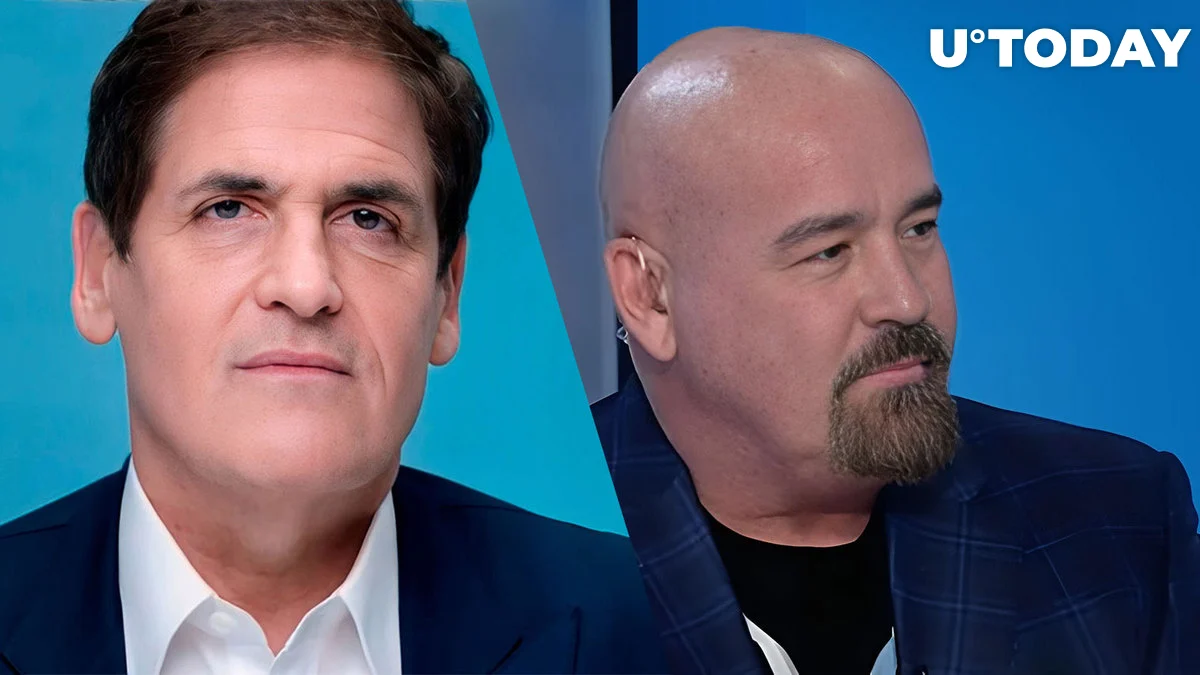
The two largest cryptocurrency exchanges, Binance and Coinbase, are the targets of lawsuits brought by the United States Securities and Exchange Commission (SEC) this week.
Attorney John Deaton, an XRP shareholder and crypto enthusiast, responded to the news in his typical way, offering his perspective as things developed.
Deaton discussed the uniqueness of the Binance and Coinbase cases in a recent tweet, and he also discussed the amicus brief submitted by XRP investors in the Ripple dispute.
The creator of CryptoLaw also stated that Ripple was not taken into account in the amicus brief filed on behalf of 75,000 XRP holders in the Ripple lawsuit. He says that the brief takes no stance on whether Ripple sold XRP in violation of securities regulations.
According to Deaton, the brief took the stance that XRP, like BTC and ETH, is digital code, the token itself is not a security, and even if Ripple broke the law, secondary market transactions did not.
Dogecoin supporter and billionaire Mark Cuban was drawn to the statement concerning secondary market sales, and he proposed a straightforward criteria for determining whether secondary market sales of a token qualify as securities.
Will the token survive if the minting or mining organisation ceases to exist?, according to Cuban, is the important issue that should be put to the test. By extension, he continues, the Howey test application is concluded.
John Deaton, the creator of CryptoLaw, concurred with Mark Cuban’s viewpoint. He describes the test’s more well-known moniker as the “Bahamas Test.”
Deaton provides the following explanation of the test’s specifics: “Would the token survive if it were to pick up and go to the Bahamas, never to be heard from again, or do anything else with the project? If so, there would be no security.
In related developments, Binance.US has stated that it will stop accepting USD deposits and has informed clients that its banking partners will stop accepting fiat (USD) withdrawals as of June 13.


















